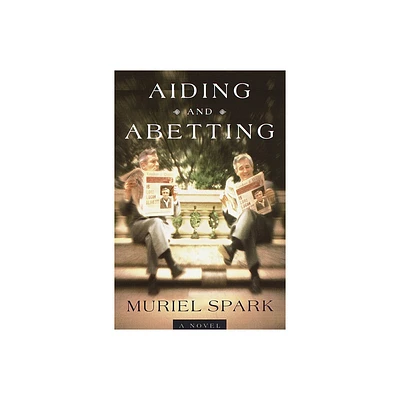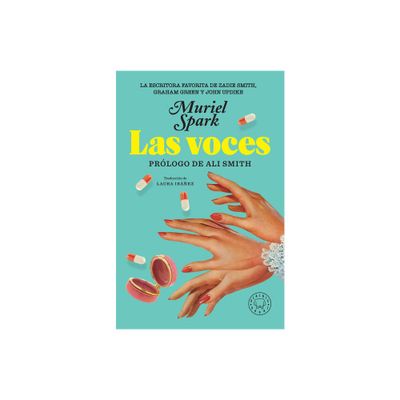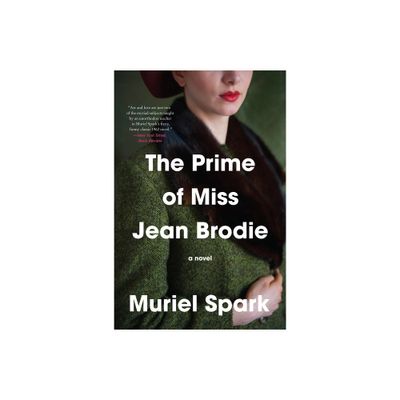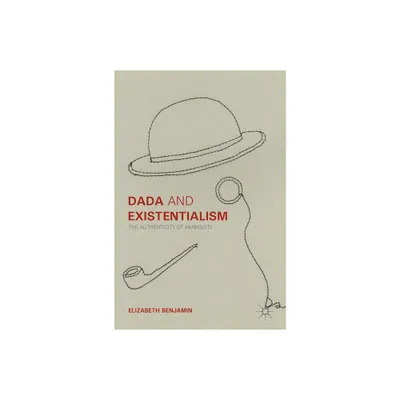Home
Muriel Spark, Existentialism and The Art of Death
Loading Inventory...
Barnes and Noble
Muriel Spark, Existentialism and The Art of Death
Current price: $120.00


Barnes and Noble
Muriel Spark, Existentialism and The Art of Death
Current price: $120.00
Loading Inventory...
Size: Hardcover
*Product Information may vary - to confirm product availability, pricing, and additional information please contact Barnes and Noble
Contextualises Muriel Spark’s writings in the tradition of Christian existentialism and its insistence on ‘being towards death’
This book proposes that Christian existentialism and, in particular, the work of Søren Kierkegaard, helped shape Spark’s religious commitments and her artistic innovations. Because of the prominence, after the Second World War, of the atheistic existentialism of Jean-Paul Sartre, it is often forgotten that existentialism was originally a Christian philosophy, shaped by followers of Kierkegaard such as Karl Jaspers and Gabriel Marcel.
Craig traces in Spark’s writings both the influence of Kierkegaard and of Spark’s resistance to Sartre’s co-option of existentialism to an atheistic agenda. Kierkegaard’s analysis of the nature of the ‘aesthetic’ as a false mode of existence that has to be transcended by the ethical and then by the religious provides a fundamental structure for Spark’s satirical analyses of the failings of the modern world.
Key Features
Provides detailed analyses of a substantial proportion of Spark’s novelsExplains the philosophies of Kierkegaard and Sartre designed for readers without specialist philosophical knowledgeRe-reads major Spark works, such as
The Ballad of Peckham Rye
,
The Prime of Miss Jean Brodie
Hothouse by the East River
Symposium
The Only Problem
Analyses the ways in which Spark situates her plots within the major historical conflicts and social transformations of the twentieth century
This book proposes that Christian existentialism and, in particular, the work of Søren Kierkegaard, helped shape Spark’s religious commitments and her artistic innovations. Because of the prominence, after the Second World War, of the atheistic existentialism of Jean-Paul Sartre, it is often forgotten that existentialism was originally a Christian philosophy, shaped by followers of Kierkegaard such as Karl Jaspers and Gabriel Marcel.
Craig traces in Spark’s writings both the influence of Kierkegaard and of Spark’s resistance to Sartre’s co-option of existentialism to an atheistic agenda. Kierkegaard’s analysis of the nature of the ‘aesthetic’ as a false mode of existence that has to be transcended by the ethical and then by the religious provides a fundamental structure for Spark’s satirical analyses of the failings of the modern world.
Key Features
Provides detailed analyses of a substantial proportion of Spark’s novelsExplains the philosophies of Kierkegaard and Sartre designed for readers without specialist philosophical knowledgeRe-reads major Spark works, such as
The Ballad of Peckham Rye
,
The Prime of Miss Jean Brodie
Hothouse by the East River
Symposium
The Only Problem
Analyses the ways in which Spark situates her plots within the major historical conflicts and social transformations of the twentieth century


















